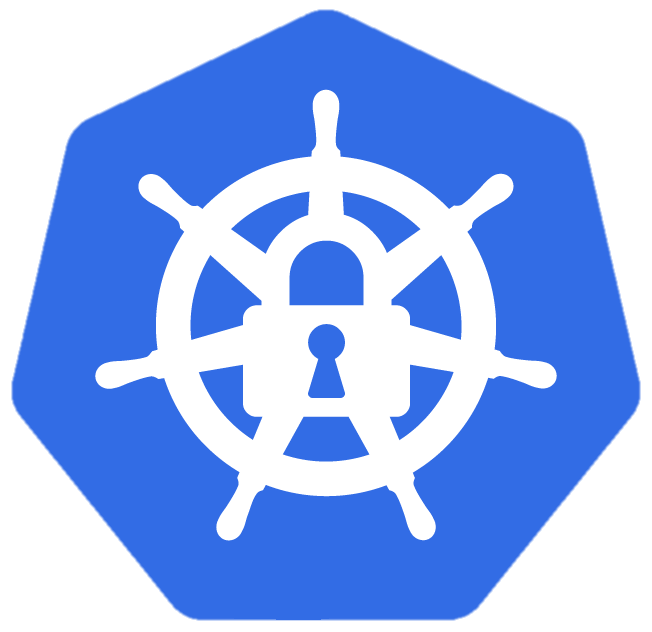
Kubelet is the Kubernetes agent that is installed on each node. Kubelet is responsible for the proper execution of pods that are assigned to the node. In older versions of Kubernetes Kubelet by default exposes a read-only API service that does not require authentication (TCP port 10255). This read-only API service can still be enabled by the system administrators when configuring Kubelet, either on purpose or more likely by accident. Attackers with network access to the host (for example, via running code on a compromised container) can send API requests to the Kubelet API. Specifically querying https://[NODE IP]:10255/pods/ retrieves the running pods on the node. https://[NODE IP]:10255/spec/ retrieves information about the node itself, such as CPU and memory consumption.